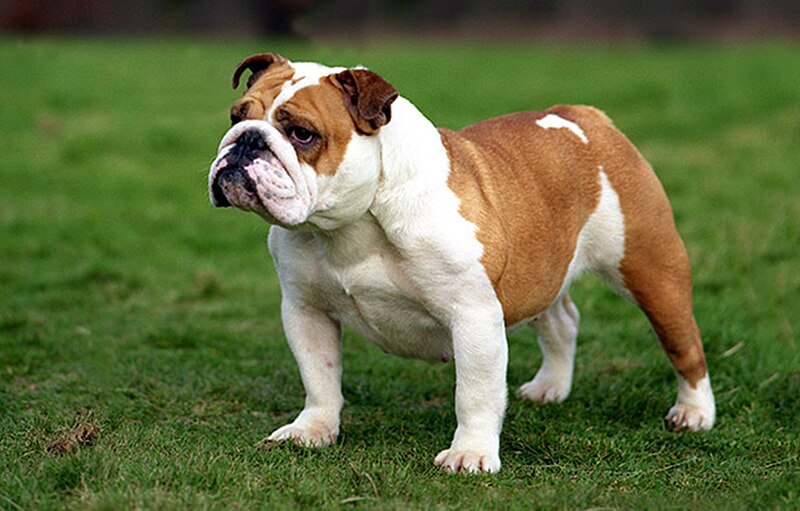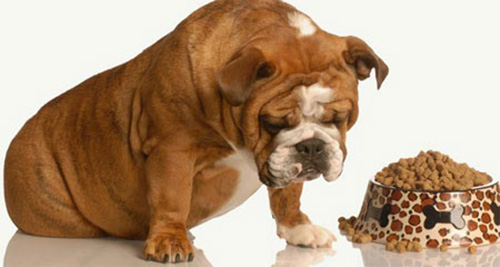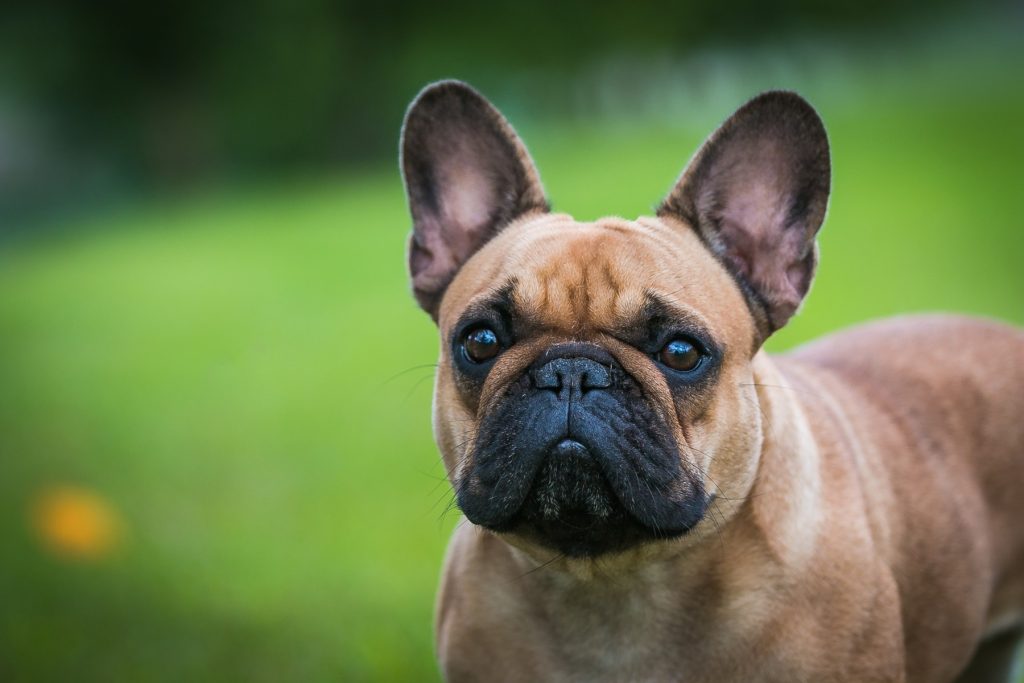Tips for Caring for Short-Nosed Pets:
Short-nosed pets, also known as flat-faced pets, are mammals with a common characteristic of having short snouts and upturned noses. Their facial bone structure is different from other breeds, resulting in shorter and narrower airways.
Key Features:
- Short and Upturned Nose: This is the most recognizable feature of short-nosed pets.
- Large, Round Eyes: Their big, round, sparkling eyes are one of their cutest traits.
- Compact Body: Most short-nosed breeds have small, cute, and compact bodies.
- Friendly Personality: They are typically very gentle, approachable, and enjoy being petted.
Some Popular Short-Nosed Pet Breeds:
- Dogs: Pug, English Bulldog, French Bulldog, Boston Terrier, Shih Tzu…
- Cats: Persian, Himalayan, Exotic Shorthair…

Why Short-Nosed Pets Need Special Care
Due to their unique respiratory structure, short-nosed pets are more prone to certain health issues, such as:
- Breathing Difficulties: High temperatures, humidity, or overexertion can make it harder for them to breathe.
- Respiratory Infections: Bacteria and viruses can easily enter their shorter airways.
- Obesity: Due to their body structure, they are prone to weight gain if their diet and exercise are not properly managed.
Care for Short-Nosed Pets
To ensure the health of short-nosed pets, you should pay attention to:
- Temperature Control: Keep their environment cool, especially during hot weather.
- Hygiene: Clean their nose, eyes, and ears regularly to prevent infections.
- Diet: Feed them moderately with high-quality food to prevent obesity.
- Exercise: Provide opportunities for gentle exercise while avoiding overexertion.
- Regular Health Checkups: Take them for regular health checkups to detect any issues early.
Diet for Short-Nosed Pets
Diet plays a crucial role in maintaining the health of short-nosed pets. Given their special respiratory structure, they require a balanced and suitable diet to avoid digestive issues and obesity.
General Guidelines for Diet:
- High-Quality Food: Choose food specifically formulated for short-nosed pets, with balanced nutrition, high protein, good fats, and minimal fillers.
- Smaller Meals: Instead of one large meal, divide their food into smaller meals throughout the day to prevent bloating and indigestion.
- Control Food Portions: Ensure you’re feeding the correct amount based on the food packaging instructions or your vet’s recommendations.
- Fresh Water: Always provide enough clean water for your pet.
- Avoid Allergenic Foods: Some foods, like cow’s milk, wheat, and soy, can cause allergies in pets.

Good Food for Short-Nosed Pets:
- Meat: Chicken, beef, and lean ground meat are excellent sources of protein.
- Fish: Salmon and mackerel provide omega-3, which is beneficial for heart health and coat condition.
- Eggs: Boiled eggs provide protein and essential vitamins.
- Vegetables: Carrots, pumpkin, and sweet potatoes offer fiber and vitamins.
Foods to Avoid:
- High-Fat Foods: Can lead to obesity and cardiovascular problems.
- Bones: Bone fragments, especially marrow bones, can cause choking or damage the digestive tract.
- Chocolate, Grapes, Onions, Garlic: These are toxic to dogs and cats.
- Human Leftovers: These may contain spices and fats harmful to your pet’s digestive system.
Regular Health Checkup Frequency:
The frequency of health checkups depends on your pet’s age and health condition. However, the general guidelines are as follows:
- Puppies: 1-2 times per month during the first year.
- Adult Dogs: 1-2 times per year.
- Senior Dogs: 2-4 times per year.
Watch Their Weight:
Short-nosed pets are prone to obesity due to their body structure and limited exercise capacity. Monitor their diet closely and ensure they are not overfed. Regular weight checks with your vet can help prevent obesity-related issues.
Avoid Heat and Humidity:
Short-nosed pets, especially brachycephalic breeds, can struggle with breathing in hot or humid environments. Always provide a cool, air-conditioned space during hot weather and avoid long periods of outdoor activity during peak heat.
- Provide a Comfortable Bed:
Since short-nosed pets may experience difficulty breathing during sleep, it’s important to provide a soft, comfortable bed. Ensure their bed is positioned in a cool, well-ventilated area.
- Dental Care: Short-nosed pets can be prone to dental issues due to overcrowded teeth. Regularly brushing their teeth and scheduling professional dental cleanings will help maintain their oral health.
- Be Mindful of Breathing Issues: Short-nosed pets are more likely to suffer from brachycephalic obstructive airway syndrome (BOAS), a condition that causes difficulty breathing. If you notice excessive snoring, coughing, or rapid breathing, consult your veterinarian.
- Eye and Facial Care: Breeds like Persians and Pugs often have prominent eyes that are more susceptible to injury or infection. Wipe their eyes gently with a damp cloth and keep their face clean to avoid irritations or infections.
- Regular Grooming: Their thick fur, especially in breeds like Persian cats and Bulldogs, can trap dirt and moisture, leading to skin infections. Regular grooming, including brushing and bathing, is essential to prevent skin problems.
- Use a Harness, Not a Collar: When walking short-nosed dogs, always use a harness instead of a collar to avoid putting pressure on their neck and airway, which could cause difficulty breathing.
- Avoid Stressful Situations: Short-nosed pets can be more prone to stress due to their breathing difficulties. Keep their environment calm, avoid loud noises, and limit exposure to stressful situations to help reduce anxiety.
Asiapata – A Trusted Partner in Every Journey with Your Pet
If you find it difficult or inconvenient to bring your pet home by motorbike, Asiapata offers the perfect solution. With years of experience in pet transportation, we provide:
- Professional Transportation Services: Ensuring your pet is safely cared for during the journey.
- Comprehensive Support: Guidance on how to care for your pet and prepare all necessary accessories for the trip.
- Dedicated Team: Always ready to offer the best experience for your pet.
See more at:
Common Signs of Illness in Pets
Vận Chuyển Hỏa Tốc Đồ Trang Trí Tết Tuyến Sài Gòn – Đà Nẵng
Vận Chuyển Hỏa Tốc Đồ Trang Trí Tết Tuyến Sài Gòn – Hà Nội














